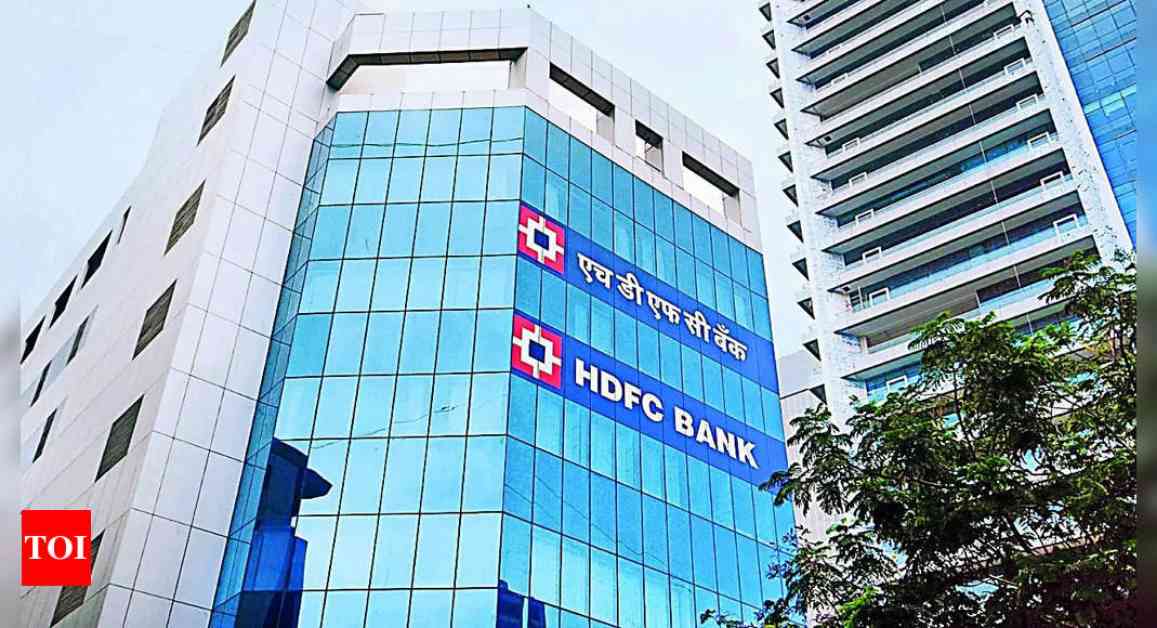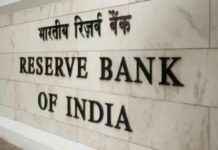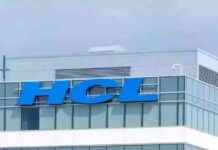HDFC Bank Granted RBI Approval to Increase Stake in 3 Banks
In a significant development, HDFC Bank has received approval from the Reserve Bank of India (RBI) to increase its stake in three prominent banks. The approval allows HDFC Bank’s group entities to up their investments in Kotak Mahindra Bank, AU Small Finance Bank, and Capital Small Finance Bank to 9.5% of their share capital.
Background and Approval Process
The RBI granted this approval through letters dated Jan 3, marking a crucial milestone for HDFC Bank and its group entities. As the promoter and sponsor of various entities such as HDFC Mutual Fund, HDFC Life Insurance, HDFC ERGO General Insurance, and HDFC Pension Fund Management, among others, HDFC Bank sought this permission to increase its investments beyond the prescribed 5% limit.
This move was prompted by the bank’s intention to allow its group entities to boost their investment portfolios within these banks while remaining compliant with regulatory guidelines. The approval, valid until Jan 2, 2026, comes with certain conditions to ensure that the aggregate holding of HDFC Bank’s group entities does not exceed the specified limit at any time.
Investment Portfolios and Regulatory Compliance
HDFC Mutual Fund, managing assets worth Rs 7.7 lakh crore, and HDFC Life Insurance, overseeing close to Rs 3 lakh crore, are key players within the group’s investment landscape. HDFC Bank itself holds a substantial investment book, primarily consisting of government bonds, with a non-SLR book valued at Rs 1.7 lakh crore. Additionally, HDFC Pension Fund recently crossed the milestone of Rs 1 lakh crore in assets under management.
Regulatory compliance is crucial in the banking sector, with SEBI regulations mandating prior approval from the RBI for investors looking to increase their stake beyond the 5% threshold. Unlike in other listed companies where disclosures are made after crossing specific thresholds, banks require approval before reaching the 5% mark. Any subsequent increases or decreases in stake by 2% or more also necessitate additional disclosures.
Conclusion
The approval granted to HDFC Bank underscores the importance of regulatory compliance and strategic investment decisions in the banking sector. By aligning with RBI guidelines and seeking approval for increased investments, HDFC Bank sets a precedent for responsible and transparent financial practices within the industry. This milestone signifies a strategic move towards expanding the bank’s investment footprint while upholding regulatory standards, ensuring a balanced and sustainable approach to growth in the banking sector.























